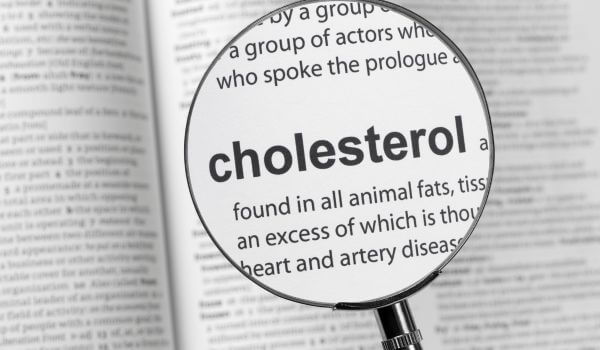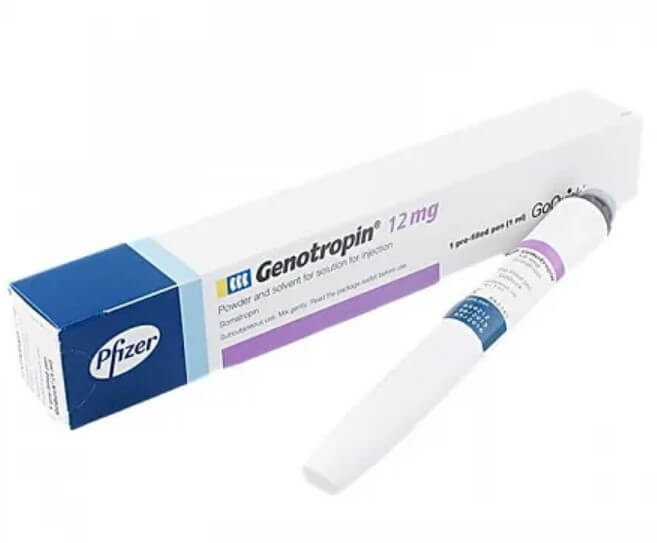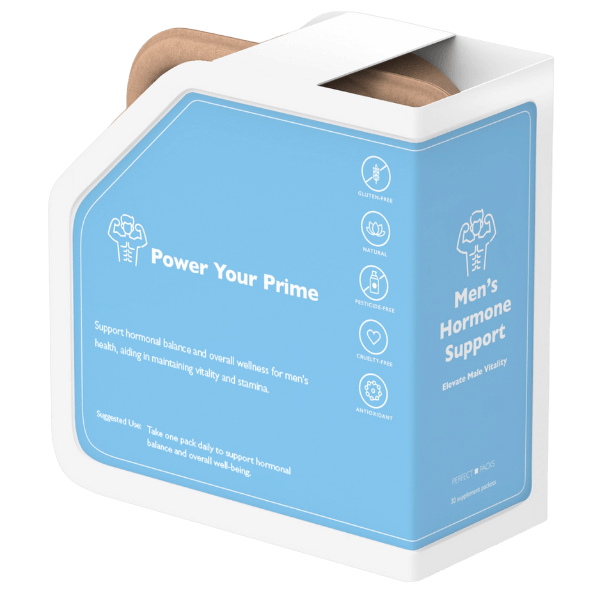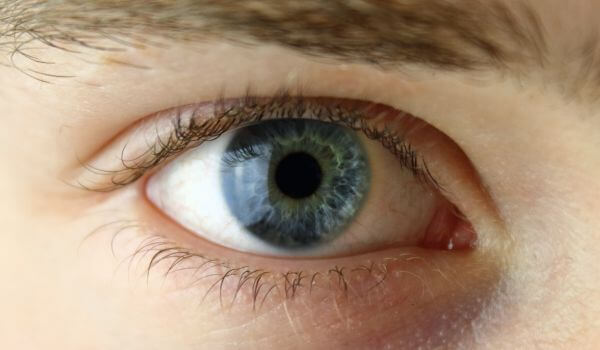Genotropin (generic name: somatropin) is approved by the FDA for the treatment of several growth disorders in children and growth hormone deficiency in adults. Somatropin is a synthetic recombinant form of natural human growth hormone (HGH) called somatotropin.
Somatotropin is a hormone produced and released by the pituitary gland. Its primary function is to promote height growth in children. In addition, it supports a healthy body structure by boosting muscle mass and decreasing fat content, regulating blood sugar levels, and encouraging a good cholesterol profile.
Children with signs of growth hormone deficiency (pituitary dwarfism) are shorter than normal for their age while still having normal body proportions.
Adult growth hormone deficiency (AGHD) has a different impact, causing elevated blood sugar levels (diabetes) and increased body fat.
As well as growth hormone deficiency, specific conditions in children like Idiopathic Short Stature (ISS), Prader-Willi syndrome (PWS), Small for Gestational Age (SGA), and Turner syndrome (TS) in girls can be treated with somatropin.
Dosage
Genotropin is administered by subcutaneous injection using a special pen. Read the instructions that come with the pen carefully.
This text is for informational purposes only. Please consult your doctor or pharmacist before using any medication.
Mild side effects reported for children with GHD included reactions at the injection site, such as pain, redness or swelling, inflammation, bleeding, scarring, lumps, or a rash. Other side effects were:
- Headache
- Blood in the urine.
- Low thyroid activity.
- Small increases in blood sugar levels.
In children born with SGA, side effects included:
- Temporarily raised blood sugar levels.
- Increased pressure in the brain.
- Early onset of puberty.
- Injection site reactions (see under GHD).
- Growth of moles.
- Worsening of curvature of the spine when it was already present.
Children with PWS can have side effects, including fluid retention, joint and muscle pain, hair loss, headache, signs of aggressiveness, and increased pressure in the brain.
Turner syndrome patients can experience side effects like throat, ear, sinus infection, flu-like runny nose, joint pain, and UTI (urinary tract infection). They may be more likely to get otitis media (ear infections).
In children with ISS, side effects included throat infection, inflammation of the nose and throat, stomach pain, respiratory illnesses, headaches, mood changes, changes in appetite, fever, fracture, and joint pain.
Genotropin is a synthetic form of the human growth hormone produced in the pituitary gland. It has been FDA-approved for the treatment of growth-related conditions in children, including:
- Growth hormone deficiency (referred to as pituitary dwarfism)
- Idiopathic Short Stature (ISS), where the child is shorter than 98.8% of other children of the same sex and age, and their growth rate is not likely to allow them to reach a normal adult height. Genotropin can only be administered if the growth plates have not closed.
- Prader-Willi syndrome (PWS) which is a genetic condition, Not all children with PWS can be treated with Genotropin,
- Small for Gestational Age (SGA) which is where the baby was smaller at birth than most other babies born after the same number of weeks of pregnancy.
- Turner syndrome (TS) only in girls.
The drug can also be used to treat Adult Growth Hormone Deficiency (AGHD), which affects blood sugar levels (diabetes) and increases the proportion of body fat.















